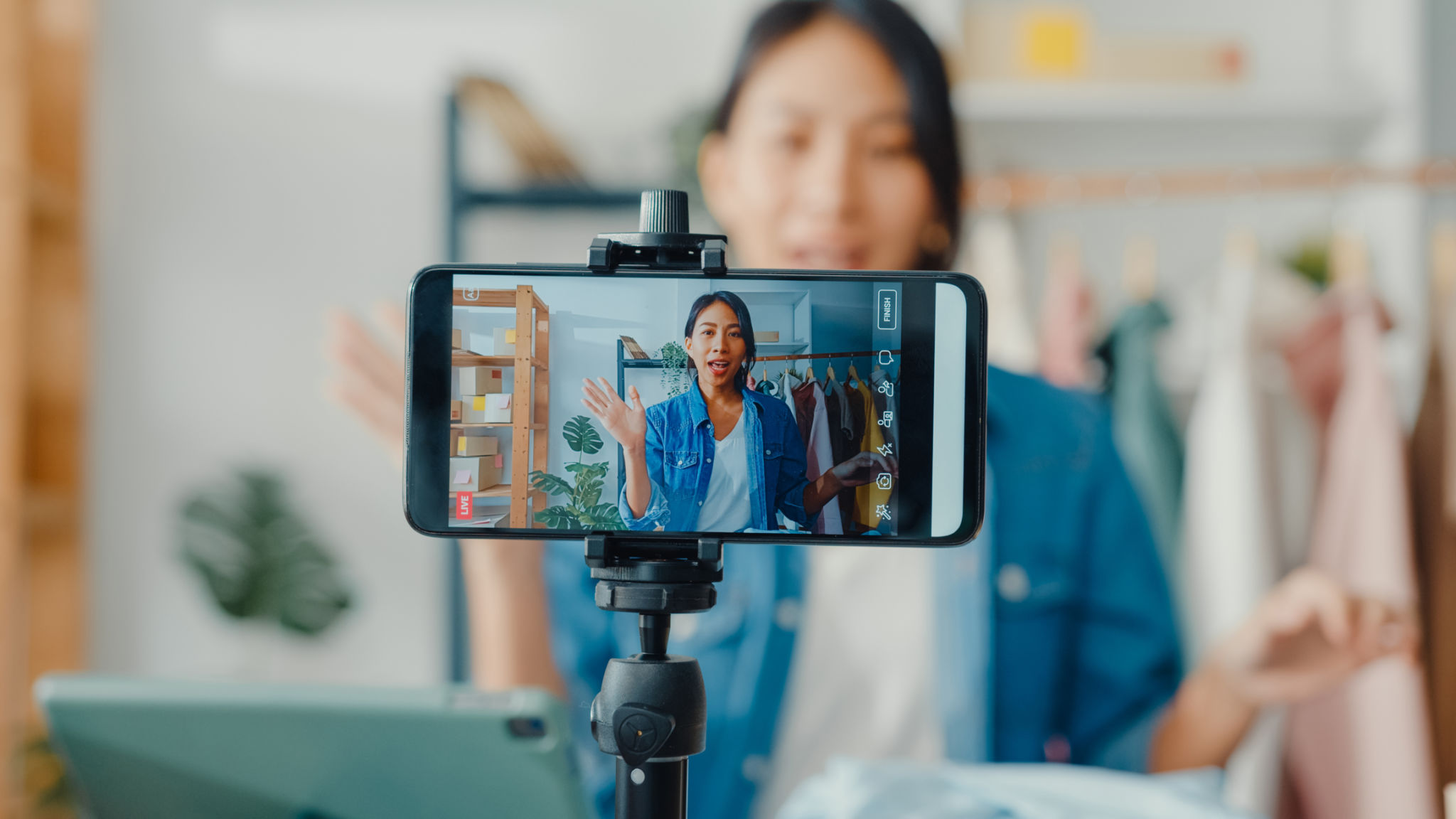Top Influencer Marketing Trends Shaping the Nigerian Market
The Rise of Nano and Micro-Influencers
In recent years, the Nigerian market has witnessed a significant shift towards nano and micro-influencers. These influencers, typically having 1,000 to 100,000 followers, are gaining traction due to their ability to engage more personally with their audience. Brands are increasingly turning to these smaller influencers to promote their products because they tend to have a more authentic connection with their followers, leading to higher engagement rates.
By collaborating with nano and micro-influencers, brands can tap into niche markets and create more targeted marketing campaigns. This trend is particularly beneficial for businesses looking to penetrate specific communities within Nigeria.

Video Content Dominance
Video content continues to dominate the influencer marketing landscape in Nigeria. Platforms like Instagram, TikTok, and YouTube are becoming the go-to channels for influencers to share engaging video content. These platforms allow influencers to connect with their audience more dynamically, showcasing products in action and providing followers with a more immersive experience.
Brands are leveraging video content for product demonstrations, tutorials, and behind-the-scenes glimpses, all of which help build trust and authenticity. As internet penetration improves and data costs decrease, the consumption of video content is expected to rise even further in Nigeria.
The Power of Social Commerce
Social commerce is rapidly becoming a key player in the Nigerian influencer marketing scene. Influencers are now utilizing social media platforms not just for brand promotion but also as a direct sales channel. Features like Instagram Shopping and Facebook Marketplace enable influencers to tag products in their posts, making it easier for followers to shop directly from their favorite influencers.

This seamless shopping experience is particularly appealing to younger audiences who prefer quick and convenient purchasing options. As a result, brands can expect increased conversions and a more direct return on investment from their influencer partnerships.
Emphasis on Authentic Storytelling
Another trend shaping the influencer marketing landscape in Nigeria is the emphasis on authentic storytelling. Consumers are becoming increasingly skeptical of overly polished advertisements. They crave real stories and genuine interactions that resonate with their personal experiences.
Influencers who share personal anecdotes or demonstrate how products fit into their everyday lives tend to build stronger connections with their audience. This approach not only boosts engagement but also enhances brand loyalty as followers feel a deeper connection with the influencer's narrative.

Diversification Across Platforms
As social media continues to evolve, Nigerian influencers are diversifying their presence across multiple platforms. While Instagram remains a popular choice, platforms like TikTok, Twitter, and even LinkedIn are gaining traction among different demographics. This diversification allows influencers to reach broader audiences and cater to varied content preferences.
By maintaining a multi-platform presence, influencers can ensure they remain relevant and adaptable in an ever-changing digital landscape. Brands working with influencers across various platforms can benefit from increased exposure and a wider reach.
Conclusion: Adapting to an Evolving Landscape
The Nigerian influencer marketing scene is evolving rapidly, shaped by technological advancements and shifting consumer preferences. By embracing these trends—such as collaborating with nano and micro-influencers, focusing on video content, leveraging social commerce, emphasizing authentic storytelling, and diversifying across platforms—brands can stay ahead of the curve.
As these trends continue to develop, both influencers and brands must remain agile and innovative to maximize their impact in the dynamic Nigerian market.

